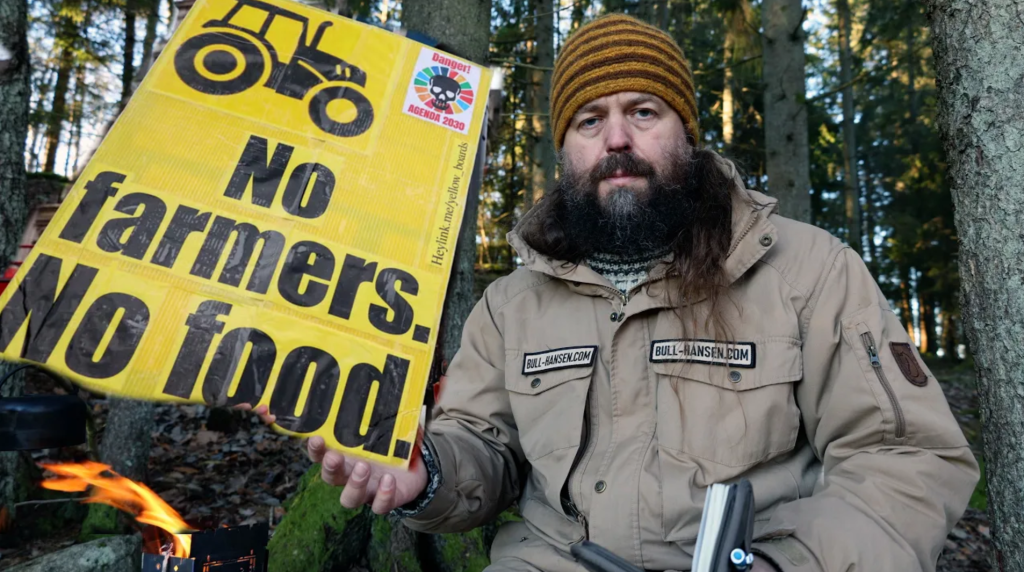In recent weeks, UK farmers have raised their voices in protest against proposed changes to inheritance tax laws that threaten their livelihoods and the agricultural landscape. These changes are expected to compel a significant number of farmers to sell their land, leading to a decline in available farmland. With property developers and private investors poised to acquire much of this land, there are growing concerns about the repercussions for food production and prices. The protests highlight the distress of farmers who have long been connected to their land, and fear that losing it would sever their ties to agriculture and the rural communities they cherish.
The ramifications of reduced farmland extend beyond the immediate concern of higher food prices. Land loss not only threatens local food supplies but also diminishes the connection that people have with the agricultural process and the environment. Farmers argue that these proposed tax changes signal a shift away from supporting local food production and stewardship of the land, industries that are vital for both sustainability and community viability. The disconnection from farming and land, they assert, represents a broader cultural loss that could lead to food insecurity and increased reliance on imports, further complicating the UK’s food supply chain.
Joining the conversation, various advocacy groups have stressed the importance of preserving agricultural land. They contend that the decisions affecting farming policies and inheritance taxes should prioritize not just economic interests but also the health of communities and ecosystems. Farmers have a unique understanding of land management, biodiversity, and the ecological services that farmland provides. Therefore, it is crucial to involve them in discussions about policy changes that impact their industry and the wider community, ensuring that agriculture remains sustainable and resilient.
The role of property developers and investors is another critical factor in this debate. If farmers are forced to sell, the land will likely become a commodity for construction projects, housing developments, or other non-agricultural uses. This shift could lead to irreversible changes in the landscape, erasing centuries of agricultural history in the UK. As farmland transforms into urban spaces, the scarcity of locally grown food could push prices higher while also increasing the carbon footprint associated with food transportation. Critics argue that the prioritization of profit over the preservation of agricultural land is counterproductive in a world increasingly focused on sustainability and local resiliency.
Amidst these mounting tensions, the protests have also sparked a renewed interest in community-supported agriculture (CSA) models. Supporters advocate for local collectives that empower communities to take control of their food sources. By investing in local farms and reducing reliance on external markets, they believe that communities can foster stronger connections with their food and farmers, creating more sustainable food systems. This grassroots approach champions the idea that the future of food production lies in localized, less industrialized means, which aligns with the desire for more regenerative agricultural practices.
Ultimately, the situation underscores the pressing need for policymakers to reconsider the implications of changes to inheritance tax laws. The desire to maximize tax revenue should not come at the cost of essential agricultural land that serves both local economies and environmental interests. Listening to the voices of farmers and stakeholders, and integrating their insights into policymaking will be key to creating a balanced approach that values long-term sustainability over short-term gains. The ongoing protests serve as a reminder that the connection to the land is not merely a financial matter; it is deeply rooted in community, identity, and the future of food security in the UK.

